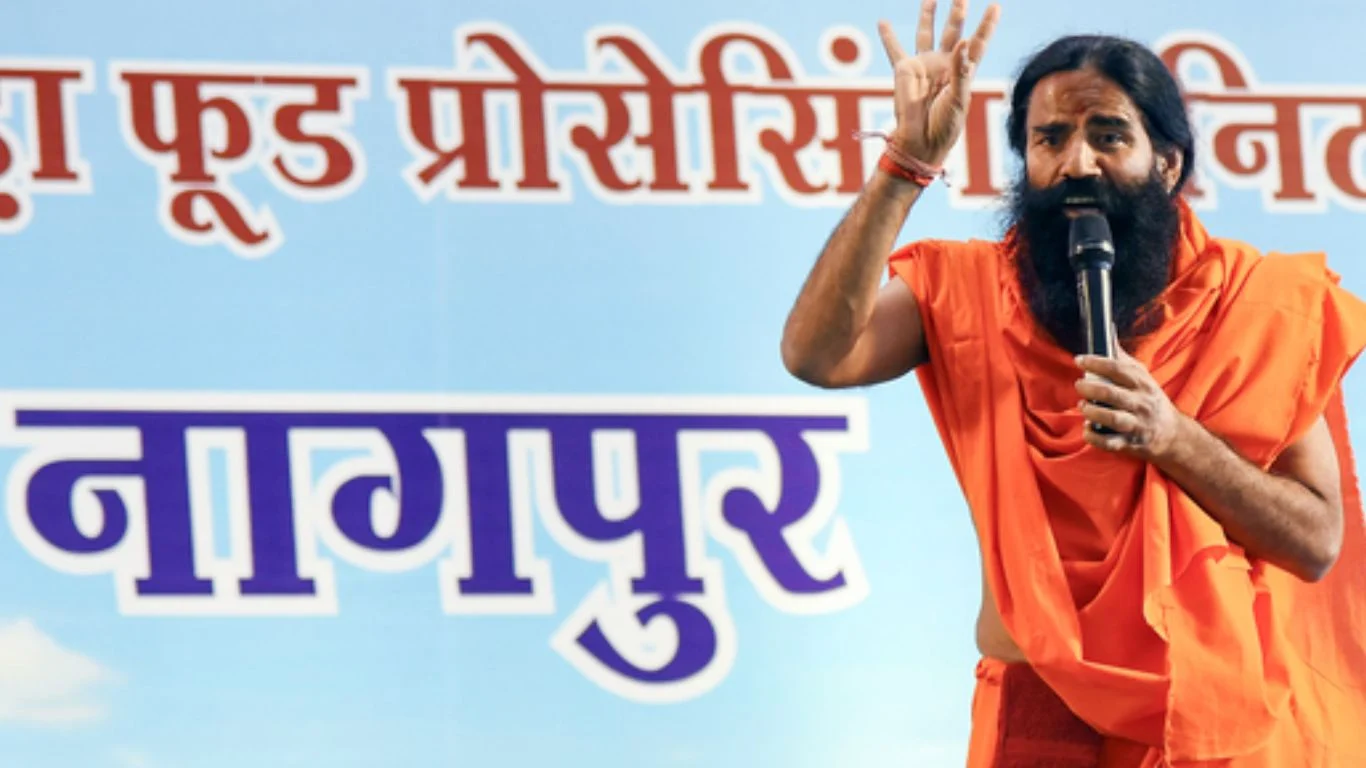
The Delhi High Court on Thursday reprimanded yoga guru Baba Ramdev over his controversial ‘sharbat jihad’ remark, made in reference to the popular drink Rooh Afza, produced by the Hamdard company. The court expressed its dissatisfaction with Ramdev’s failure to comply with its previous order, which had directed him to provide an undertaking stating he would refrain from making similar statements in the future. Justice Amit Bansal, while hearing the case, remarked that Baba Ramdev, despite being a public figure, seems to be beyond control, as he continues to make statements that go against the court’s directives. The remark had triggered a large public uproar, drawing sharp criticism and legal scrutiny, particularly because it was seen as inflammatory and divisive in nature, potentially inciting communal tensions.
Ramdev, who is the founder of Patanjali, one of India’s largest and most successful consumer goods companies, had made the remark while discussing the competition between Patanjali’s “Gulab Sharbat” and Hamdard’s “Rooh Afza” on social media platforms. Ramdev’s comments, which were widely perceived as an attack on Hamdard and its product, suggested that the profits earned by selling Rooh Afza were being used for religious purposes, particularly to fund the construction of mosques and madrassas. He also went so far as to claim that the trust behind Hamdard was aligned with Mughal Emperor Aurangzeb, a controversial figure in Indian history, while Patanjali’s trust, by contrast, was rooted in Lord Ram, a deity revered in Hinduism. This comparison drew sharp reactions from various quarters, particularly because it played into religious stereotypes and implied that the profits from one company were being used for religiously charged purposes, while another was apparently supporting Hindu values.
In response to the fallout from his remark, the Delhi High Court had ordered Ramdev to take down all related videos and make an undertaking stating that he would refrain from making such statements going forward. However, it was revealed in the hearing on Thursday that Ramdev had not adhered to the court’s instructions. Despite the court’s clear directive, Ramdev went ahead and posted a new video in which he reiterated his controversial statements, further alleging that profits from Hamdard’s Rooh Afza were being funneled into the construction of mosques and madrassas, which only fueled the controversy further. According to the counsel for Hamdard, the new video was not only a direct violation of the court’s order but also amounted to prima facie contempt. They argued that Ramdev’s actions were in defiance of the court’s explicit instructions to cease making such inflammatory statements, and they urged the court to take strict action against him.
Justice Amit Bansal, visibly displeased with Ramdev’s disregard for the court’s authority, remarked that the affidavit submitted by the yoga guru, as well as the latest video, appeared to constitute contempt of court. The judge went on to say, “He’s not in control of anyone,” further indicating that Ramdev was acting with impunity and was seemingly beyond accountability for his actions. The court expressed its inclination to issue a contempt notice against Ramdev for failing to comply with its order. Justice Bansal made it clear that the court was prepared to take further action and would soon summon Ramdev for a hearing regarding the contempt charges.
This legal clash between Baba Ramdev and Hamdard’s legal team had its origins in the remarks made by the Patanjali founder, which were widely perceived to be an attack on a competitor in the health and wellness industry. The “sharbat jihad” comment, which Ramdev had initially attempted to downplay by stating that he had not named any specific brand or community, sparked outrage, particularly among those who believed it was an attempt to castigate a specific religious group under the guise of competition. Ramdev had initially defended his comments, insisting that he was not targeting any specific brand or community and that the term “sharbat jihad” had been misinterpreted. However, his remarks were widely viewed as derogatory and communal in nature, which eventually led to a public uproar and legal action against him.
In an earlier hearing, the Delhi High Court had already expressed its disapproval of Ramdev’s comment, describing it as “shocking” and “indefensible.” The court had stated that such remarks had the potential to disrupt social harmony and could inflame religious sentiments. The judges had ordered Ramdev to take down videos containing his statements, as they were seen as harmful and divisive. The case underscored the broader issue of accountability for public figures, particularly those with large followings, when making statements that could be seen as promoting discord.
Despite the court’s strong stance, Baba Ramdev’s failure to comply with the order raised questions about his willingness to adhere to legal directions. His defiance, which included posting another video after the court’s order, has added to the ongoing controversy surrounding his remarks. It has also drawn attention to the role of social media influencers and public figures in shaping public discourse, and the potential consequences when such figures cross legal boundaries in their rhetoric.
The Hamdard company, which produces Rooh Afza, has been at the center of this legal battle, as its legal team continues to press for action against Ramdev. The company’s counsel has stated that Ramdev’s statements were not only legally inappropriate but also damaging to their brand and reputation. They contended that the dissemination of such divisive and false statements about a competitor, especially from someone of Ramdev’s stature, had the potential to mislead consumers and incite communal discord.

















